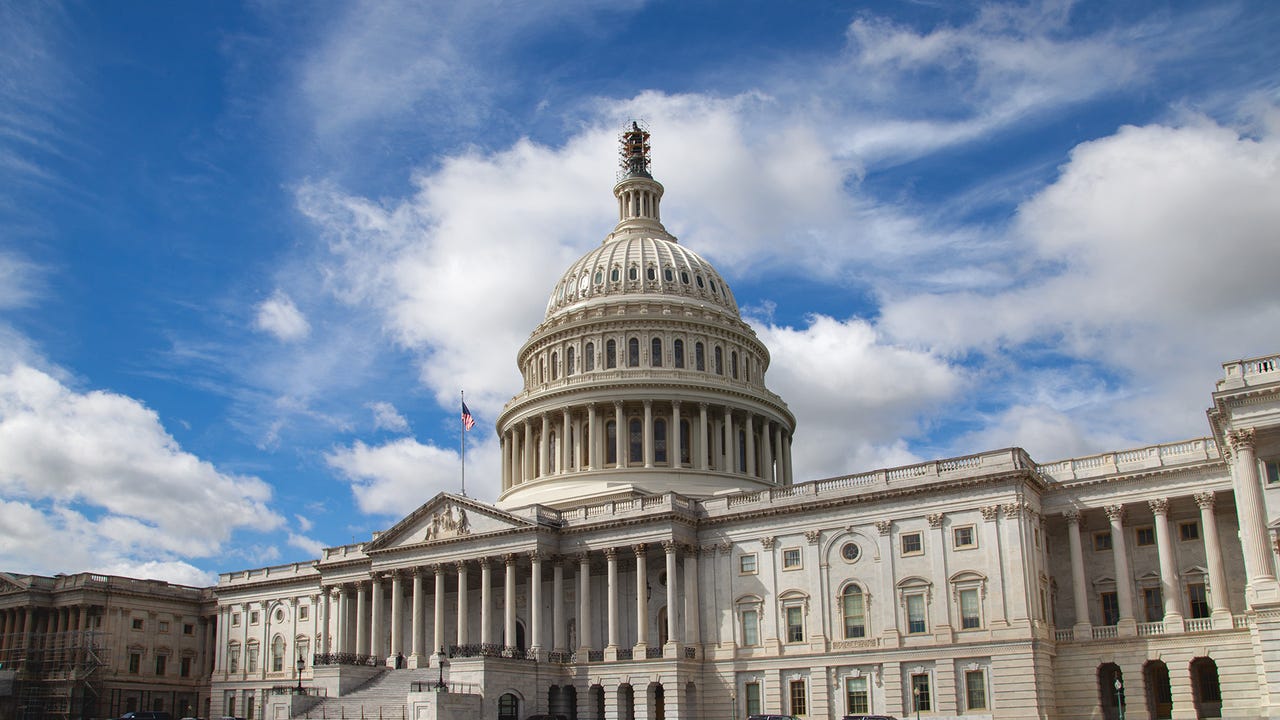US senators warn of ‘foreign influence’ in EA buyout
United States senators Richard Blumenthal and Elizabeth Warren decry Saudi Arabia’s Electronic Arts buyout.
United States Senators Richard Blumenthal and Elizabeth Warren are concerned about the "foreign influence and national security risks" of Saudi Arabia's involvement in the leveraged buyout of Electronic Arts.
The two Democratic senators warned against the acquisition—which would take Electronic Arts from publicly owned to private in a $55 billion deal—in two separate letters sent to U.S. treasury secretary and Committee of Foreign Investment chair Scott Bessent and Electronic Arts CEO Andrew Wilson, respectively, on Tuesday.
Electronic Arts announced in late September that an investor consortium composed of Saudi Arabia's Public Investment Fund, American private equity fund Silver Lake, and Jared Kushner's investment firm Affinity Partners would take the company private and saddle the company with $20 billion in debt.

"Leveraging long term shifts in public opinion, through the PIF’s investments, Saudi Arabia is seeking to normalize its global image, expand its cultural reach, and gain leverage in spaces that shape how billions of people connect and interact," the senators wrote.
In the letter to Wilson, Blumenthal and Warren request Electronic Arts provide information on "on how EA plans to continue to operate free of influence from an authoritarian government that has a history of using technology to retaliate against critics, engage in covert influence campaigns, and censor free expression."
The senators said that the national security risks include "surveillance of Americans, covert Saudi propaganda, and selective retaliation and censorship of persons disfavored by the Saudi government." Electronic Arts' involvement in the AI industry is a risk, too, they said, as the government "gain[s] access to EA's research, work product, and user data."
Senators ask Committee of Foreign Investment to investigate
Analysts and games industry experts told Game Developer earlier in October that Saudi Arabia's involvement in the deal is, indeed, a play for "cultural legitimacy."
"Gaming is the new oil," New York University School of Business assistant professor Joost van Dreunen said. "Saudi Arabia's Public Investment Fund is leveraging it to purchase global cultural relevance while diversifying beyond petroleum."
Saudi Arabia has already invested billions into the games and esports industries through the Public Investment Fund and other ventures, including the acquisition of Pokémon Go maker Niantic's video game business and investments into Nintendo, Take-Two Interactive, and others.
Blumenthal and Warren expressed concern about Kushner's involvement in the deal, too. They questioned whether Kushner's involvement is tied directly to his relationship with Trump—suggesting that the deal needs Kushner to gain government approval.
The proposed buyout has a $1 billion fee to Electronic Arts if the acquisition isn't approved by U.S. regulatory boards, something that the senators said can be considered a bet that Kushner's involvement can ensure approval from the Trump administration: "Indeed, consistent with the Trump Administration’s unprecedented corruption and monetization of federal government power, 'What regulator is going to say no to the president’s son-in-law?'"
The senators are asking the Committee on Foreign Investment in the United States to investigate the "foreign influence and national security risks" of the deal and to publicly report its findings.


